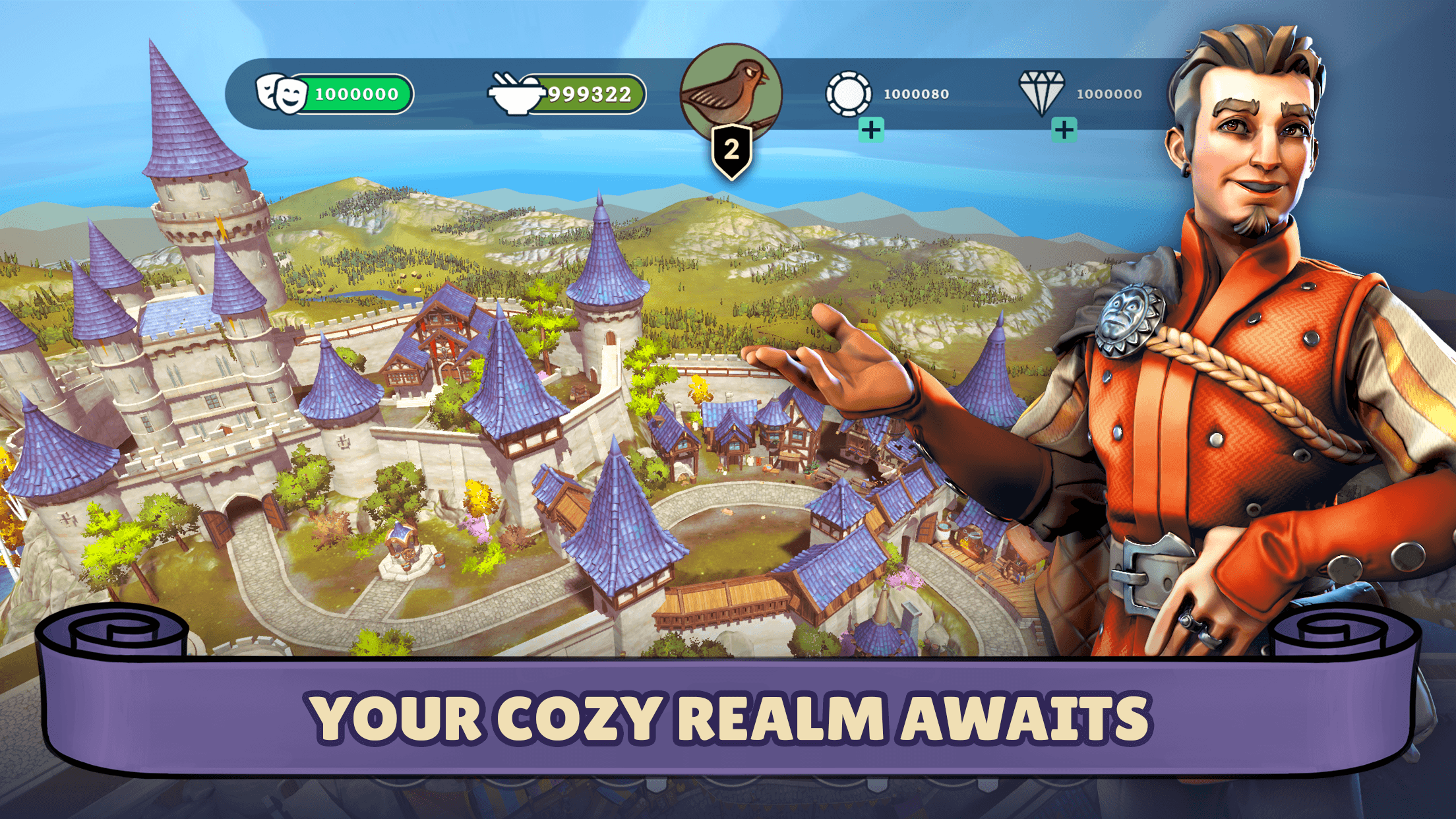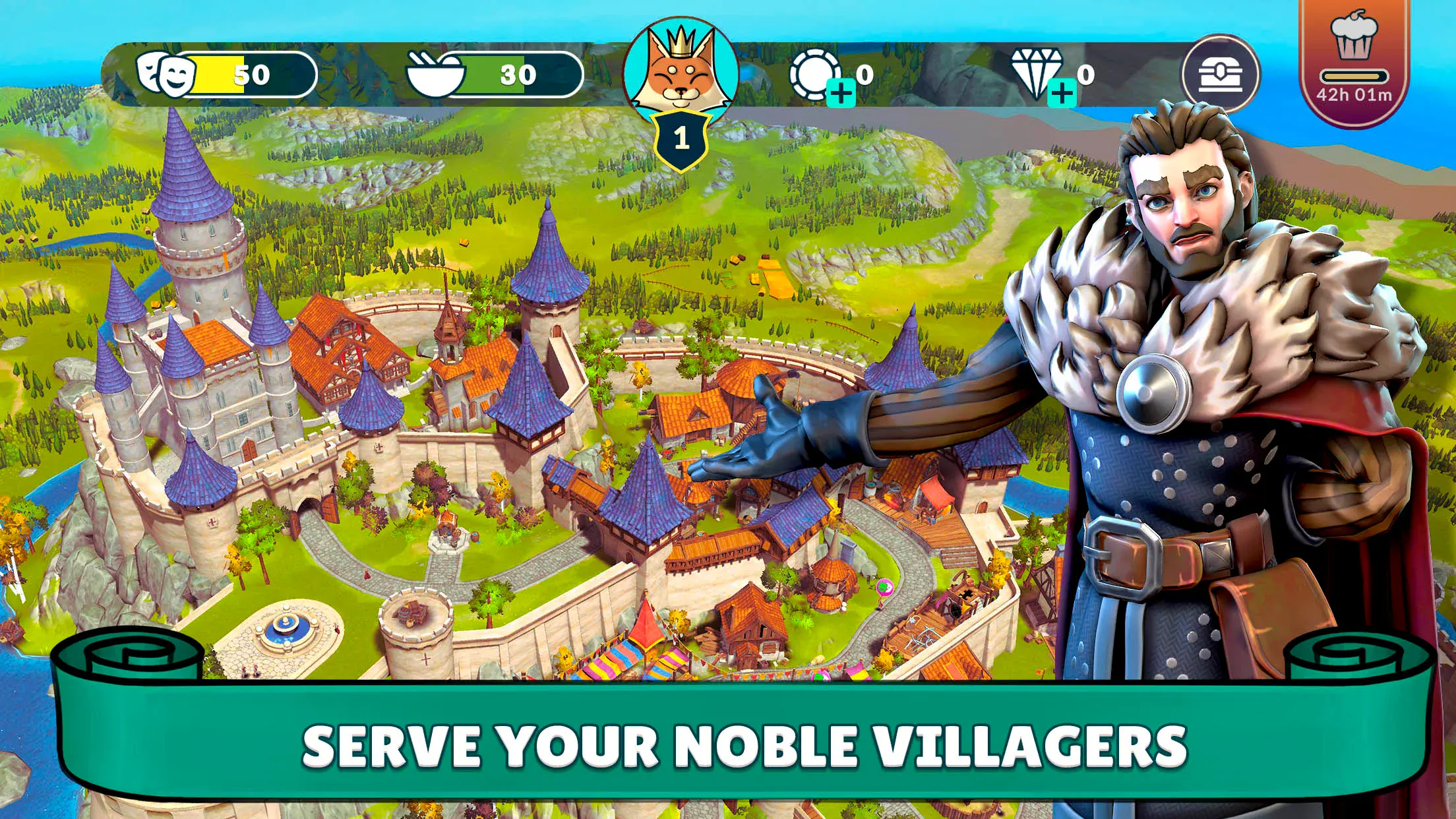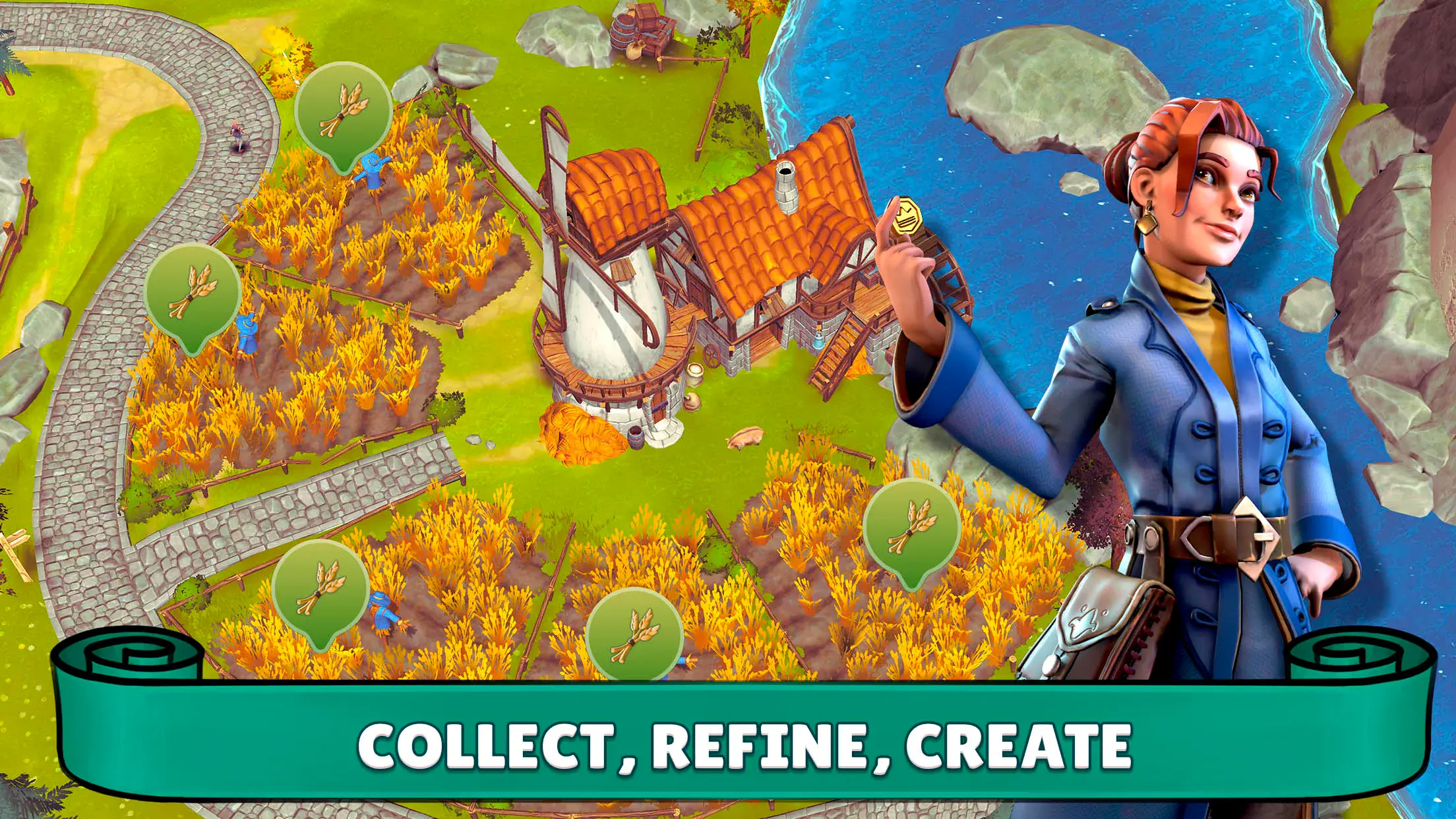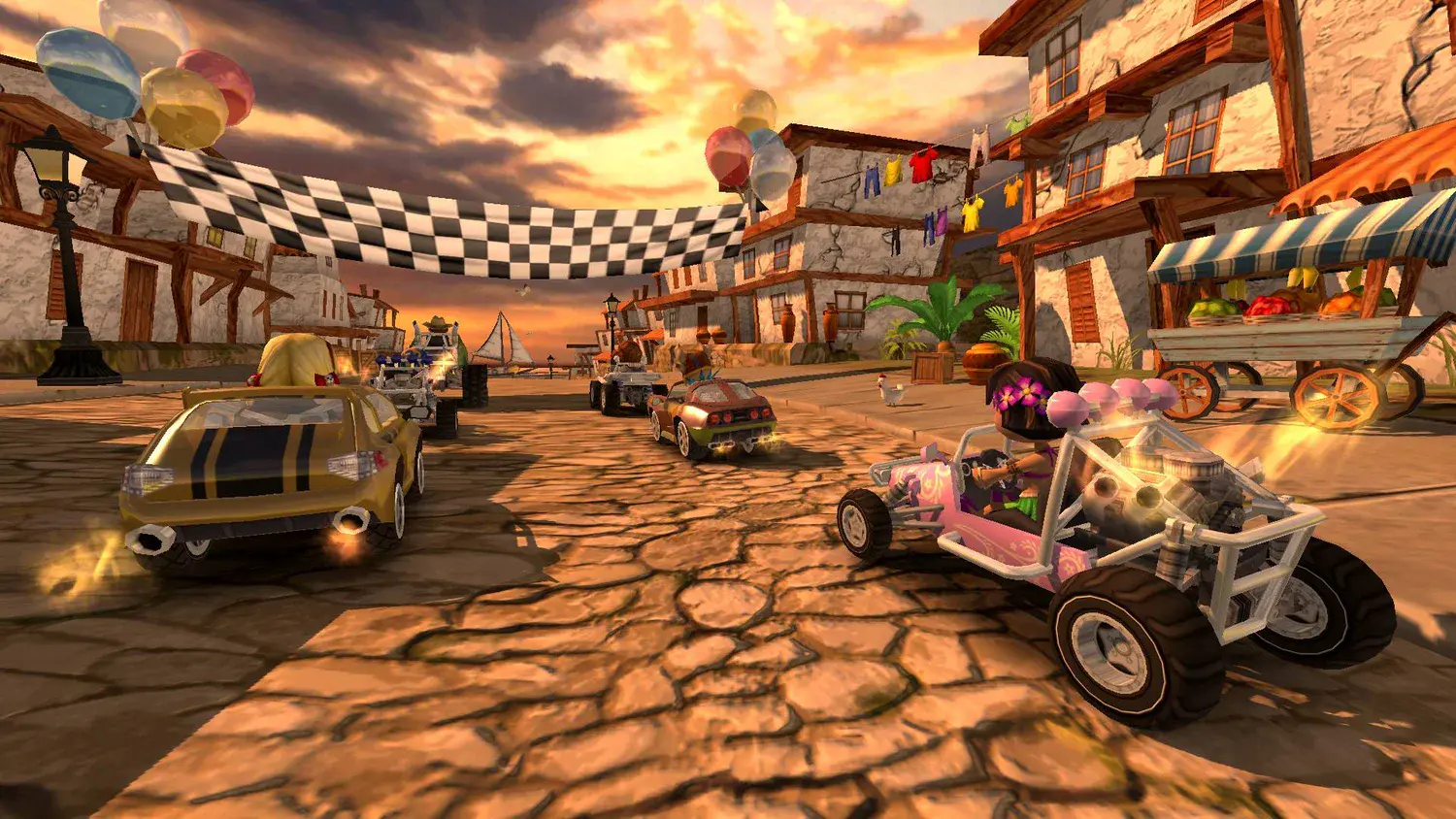A Beginner’s Guide to The Kingdom: Medieval Tales

The Kingdom: Medieval Tales places you in charge of a once-proud city that has been reduced to ruins after a catastrophic dragon attack. As ruler, your duty is not only to rebuild walls and workshops but also to guide your people through daily life, assigning them work, equipping them with tools, and supporting their relationships. The game blends elements of a cozy life simulation with the strategy of a medieval city builder and the narrative depth of an RPG.
Unlike many titles in the genre that reduce citizens to numbers, here each settler has a backstory, skills, and personal connections. Balancing resources, defending your people, and allowing their lives to unfold naturally creates a living, breathing world. For new players, the first hours are crucial: building food supplies, restoring essential infrastructure, and preparing for growth. This guide walks you through all the core systems so you can begin your reign with confidence.
Rebuilding and City Growth
The story begins on a somber note. Your advisors report that the city lies in ruins, storerooms are empty, and many of the buildings have collapsed. It quickly becomes clear that survival depends on rebuilding a basic food chain. The first step is to establish farms that produce wheat and bakeries that transform grain into bread. This ensures a steady food supply and prevents your people from falling into despair.
From there, construction expands into resource camps, such as forest camps for wood and quarries for stone. These raw materials are the foundation for every other structure in the game. As your settlement stabilizes, workshops, guilds, and public buildings can be added, unlocking advanced production and social development. City growth in The Kingdom: Medieval Tales is not only about increasing numbers but also about creating a functional and charming space that your citizens can truly call home.

Citizens and Daily Life
What distinguishes this game from many city builders is the importance of citizens. Every settler you recruit has attributes such as strength, agility, intelligence, dexterity, and endurance. These determine how effective they are in different jobs. A strong worker is better suited for chopping wood in the forest camp, while someone with higher endurance will perform better on a farm. Assigning citizens correctly has a direct impact on productivity and ensures smoother development.
Beyond their attributes, settlers are also characters in their own right. They may fall in love, quarrel, form rivalries, or even celebrate life milestones. This narrative depth gives your city a sense of community rather than just functioning as a resource engine. Managing people well means providing them with tools, assigning roles carefully, and making sure that their needs are met through food, shelter, and safety.

Resources, Farming, and Production
Resources form the backbone of your economy. Food and water sustain your population, wood and stone allow construction, and crafted goods such as tools or clothing enhance efficiency. Gems and rarer resources come into play later for premium upgrades and trading. The key in the early game is to balance grain, bread, and water to avoid shortages, while steadily building up your reserves of wood and stone for expansion.
Farming is the most important production chain in the beginning. Once a farmhouse is built, wheat can be planted and later harvested. This grain is then delivered to bakeries, where it is transformed into bread. Bread serves as the staple food for your citizens, allowing them to continue working and supporting the city. As the game progresses, food chains diversify to include fishing, livestock, and vegetable farming, adding complexity to your supply lines. Production buildings like the forest camp and stone quarry also become critical, supplying the raw materials needed for every upgrade.

Exploration and Defense
While your focus at the start is on rebuilding, the wider world outside your castle walls is full of both opportunity and danger. The “Adventures” system allows you to send brave citizens into the unknown, uncovering treasures, lore, and rare resources. Exploration adds excitement and rewards careful preparation, as adventurers require training, equipment, and support before they can succeed.
Defense is another essential pillar. The game’s opening disaster, when a dragon destroyed much of the city, foreshadows future threats. Raiders, beasts, and other enemies will eventually test your defenses. Preparing walls, training defenders, and stockpiling resources ensures that your city can withstand these challenges. Balancing the cozy aspects of farming and crafting with the constant need for vigilance creates a unique rhythm that keeps the game engaging.

Progression Through Quests
Quests serve as both guidance and milestones for new players. Advisors like Wistan provide step-by-step tasks that teach the mechanics while also pushing the story forward. Objectives such as “Build a Farm” or “Gather 250 Grain” not only reward you with resources but also unlock new systems. Following these quests closely in the early game ensures that you build a strong foundation before branching into advanced mechanics.
Over time, quests become more ambitious, encouraging exploration, citizen management, and defense. They act as a roadmap, preventing beginners from feeling lost in the many layers of gameplay.

The Kingdom: Medieval Tales offers a balance of cozy village life, strategic planning, and immersive storytelling. New players should begin by restoring a steady food supply through farms and bakeries, then expand into resource production and tool crafting. Managing settlers effectively is just as important as constructing buildings, since every worker has unique strengths and personal stories. As the city grows, players can embrace exploration, trade, and defense, transforming a ruined kingdom into a thriving medieval world.
By paying attention to quests, maintaining resources carefully, and keeping citizens happy, you’ll create not only a successful settlement but also a place filled with drama, romance, and adventure. This combination of mechanics makes The Kingdom: Medieval Tales a rewarding experience for those who enjoy both strategy and storytelling. For the best gaming experience, play The Kingdom: Medieval Tales on BlueStacks!
Keep progressing in The Kingdom: Medieval Tales with our other in-depth guides:
- The Kingdom: Medieval Tales Redeem Codes
- How to Install and Play The Kingdom: Medieval Tales on PC with BlueStacks
- The Kingdom: Medieval Tales Building Guide – Creating a Kingdom the Right Way
















